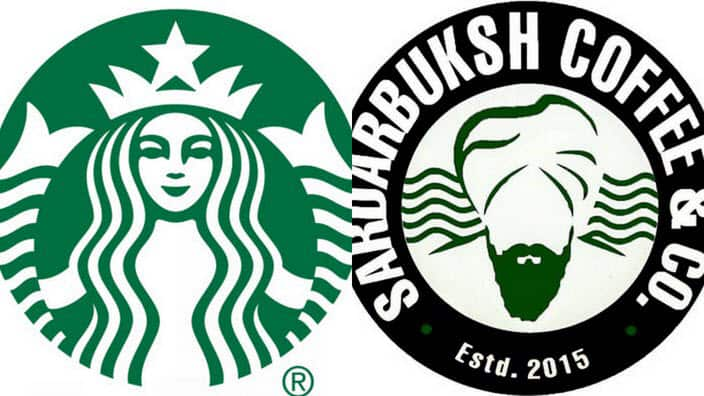Starbucks, the US-headquartered global coffee chain has not been one to shy away from trademark battles with considerably smaller adversaries.
This time around, the world’s largest coffee franchise has sued Delhi-based coffee chain ‘SardarBuksh’ which has just 25 outlets in the capital for using a similar sounding name and logo.
“Our name rhymed with Starbucks which is why the court has ruled (on Thursday) in their favour,” Sanmeet Singh Kalra, co-founder of SardarBuksh, told AFP.

The local chain told the Delhi High Court that it agreed to change the name to ‘Sardarji-Bakhsh’ in the next two months on a condition that it, too, would be allowed to sue any businesses who tried to use the name ‘Bakhsh’ in their branding.
However, the company told AFP that its logo- a man in a turban with a similar colour scheme as Starbucks - would continue to remain as it is.

Harish Bijoor, a branding consultant, said that it is not uncommon for Indian firms to use deceptively similar brands and trademarks to hitch a ride to popularity.
"Such imitators have limited ambition and they enjoy their moment of the limelight of having ambushed an iconic brand in India,” Mr Bijoor told AFP.
Starbucks is known for taking its brand protection very seriously.
It had once served notice on a British Columbia restaurant in Canada because it was called ‘HaidaBucks’ and took a Texan bar owner to court for selling a beer named ‘Star Bock.’
While another coffee shop owner in the state of Oregon in the US was sued by the coffee giant for calling the outlet ‘Sambucks’.
But surprisingly, a quaint little café in Karachi in Pakistan called ‘Sattar Buksh’ too was served with an intellectual property violations letter by Starbucks, but the beverage joint lucked out and wasn’t taken to the court for the name after all because they contested that the name 'Sattar Baksh' has been around for the past 500 years.
The joint, however, did change its logo to avoid becoming embroiled in a legal battle with the multinational.



